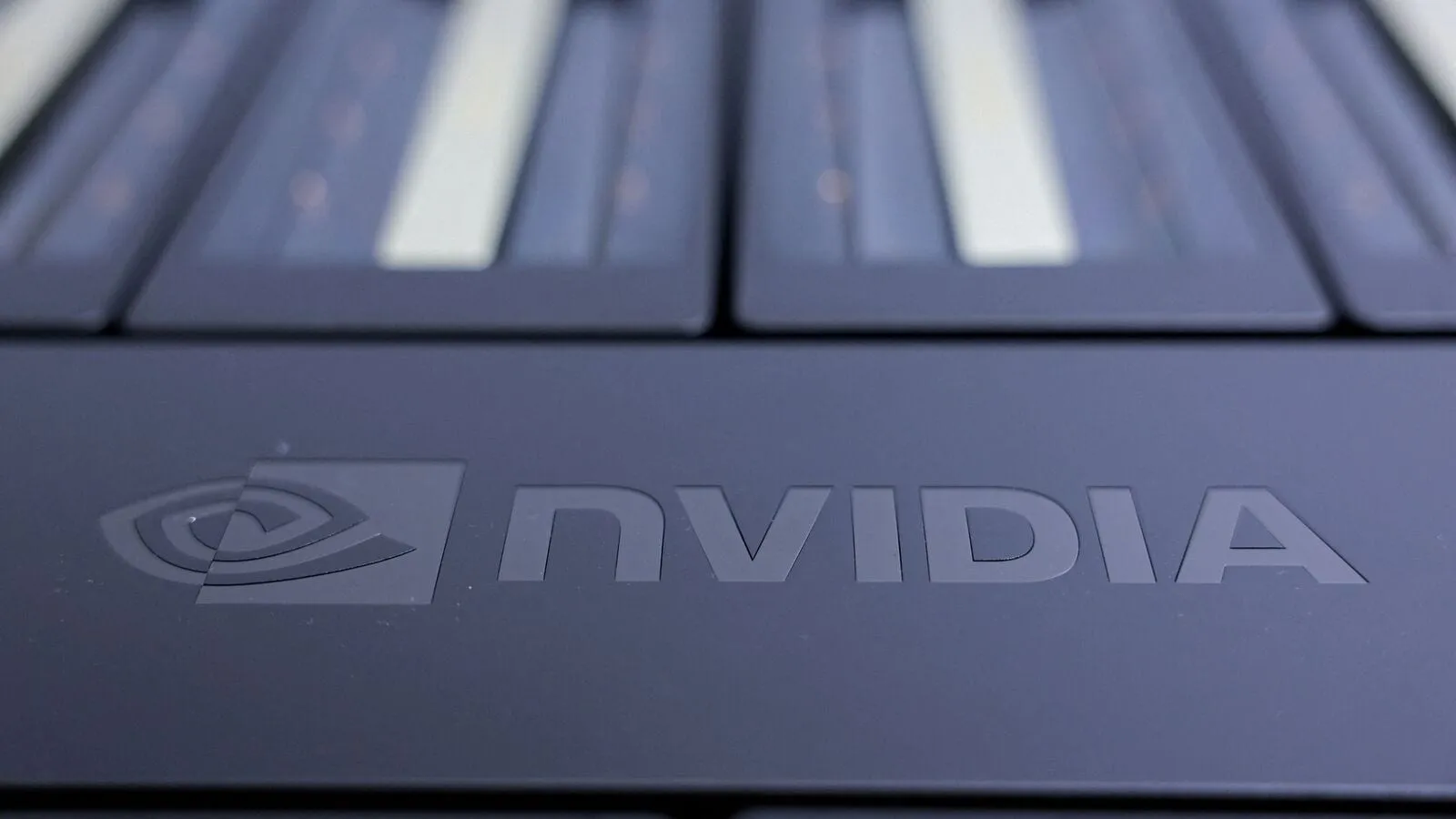Nvidia's $406 Billion Loss: Is the AI Market Overvalued?

Nvidia's $406 Billion Valuation Drop
Nvidia Corp. wiped out about $406 billion in value this week, weighing on key equity benchmarks as jitters spread over the health of the US economy and an AI trade that may have gotten ahead of itself. The world’s largest artificial intelligence chipmaker shed a fifth of its value over the past two weeks. The declines also showcase a more pressing issue for investors in the $2.5 trillion giant: Its volatility now dwarfs its Magnificent Seven peers and makes Bitcoin look like a port of calm.
Market Reactions and Future Forecasts
- Nvidia shares have swung between $90.69 and $131.26 over the past 30 trading days, with a record amount of market value being wiped out Tuesday.
- The stumble has pushed the stock to its worst two-week stretch in two years.
- This trend aligns with broader market fears, especially after the US Justice Department sent subpoenas in an escalating antitrust probe.
Investment Prospects Amid Volatility
Despite the recent drop, the stock has rewarded investors handsomely this year, growing more than 100%, adding $1.3 trillion in market value. Companies like Microsoft, Meta, Alphabet, and Amazon have affirmed their spending plans, reflecting strong demand for Nvidia’s products.
- Nvidia’s revenue has more than doubled, although some believe that the excitement around its AI potential is waning.
- Long-term investors might find opportunities in current volatility, according to market experts.
This article was prepared using information from open sources in accordance with the principles of Ethical Policy. The editorial team is not responsible for absolute accuracy, as it relies on data from the sources referenced.